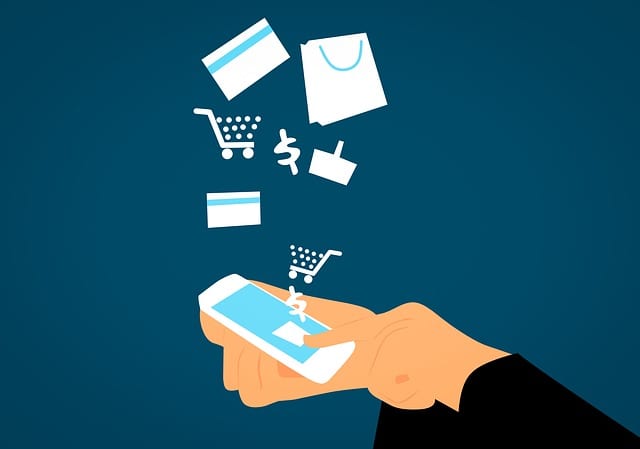Staying Safe While Shopping or Banking on Public WiFi Networks
Modern technology has given us a lot of conveniences. Instead of staying at home to get important work done online, we can manage tasks on the go, thanks to smartphones and public WiFi. Whether it’s making payments online or shopping for our favorite items and having them delivered to our doorstep, we can do all of it from our phones, as long as we can access public networks. In fact, public networks are widely used by people because they save internet bills. But how safe is it?

Staying Safe While Shopping or Banking on Public WiFi Networks
The Rise of Cyber Crimes
In the last ten years, the number of people using Mobile devices and public networks to make payments and shop has doubled. In 2007, only 30 percent of people did it.
Now, more than 60 percent of people use public WiFi for shopping and banking (though you should not log in to any sensitive accounts using public WiFi – you should wait until you get home to do that.
However and furthermore, this has also led to a growing number of cyber crimes. From stealing financial data to holding a device to ransom, the types of online crimes are mind boggling. Most of them happen because people expose sensitive information in public.
Be Smart Online
While it isn’t possible to stay away from all the conveniences that smartphones and public networks offer, it is necessary to follow some security measures to keep sensitive data safe. Whether you use a shopping or banking app, or access the websites on a public WiFi network, without adequate security measures you could be giving away vital data.
Both shopping and banking are sensitive tasks, because they involve transactions. That’s the reason why cyber security experts warn that these tasks should not be done over public networks. You could be using the open WiFi on the train or at the airport, and it would still be possible for criminals to intercept sensitive data. But that isn’t the only risk.
Tightening your online security settings don’t protect you from Shoulder Surfers – criminals who steal information simply by looking over your shoulder to see what you are typing.
If it isn’t at all possible to not perform shopping or banking tasks on public networks, there are certain steps you can take to protect yourself. The first thing you must do is make sure the website or app that you are using is legitimate.
This can be ascertained by checking the domain name of the site. If the site is secure, the domain name will begin with “HTTPS.” If it doesn’t begin with “HTTPS” and if there is no green padlock sign, the site is unsafe and the data isn’t encrypted. When you’re using the legitimate shopping or banking app, all transmission of data should be via a secure SSL encryption.
Update!
Another important security measure that you should not ignore is updating your computer’s software and your antivirus program. These updates should never be ignored, because they better protect your device from online threats.
When your computer isn’t using the latest anti-malware software, it is vulnerable to online threats. Performing regular updates is vital for the health of your device and the security of your data. This is just smart.
A common mistake people make is responding to out of the blue emails offering a big discount or a tempting deal. Clicking on the link could take you to a fraudulent site and you could end up downloading a virus or getting locked out of your device.
Similarly, a mail that appears to be from your bank asking for personal information is in all likelihood a dubious mail. No bank will ever ask for personal details of its customers. Remembering this will prevent you from taking an action that you will soon regret.
VPN for Added Security
Despite following all these precautions, the risk of data theft remains. In that case, a VPN is the best solution. A virtual private network is a software program that transmits data between your device and the VPN server via a secure tunnel.
It is like your own private network where no one else has access to the data that you send out or receive. When you use a VPN on your device for all online activities, it is impossible for any other person – from your Internet service provider to cyber criminals – to intercept your data because it is protected by a strong encryption.
Shopping Safely Online – Extra Tips
The following video, courtesy of NordVPN, provides additional information on how to conduct your online shopping in a secure matter.
Your Choice
VPNs come in various types, free to paid, cheap to premium. Premium services use the latest and most secure tunneling protocols, and also have all the features that a VPN is supposed to offer. Free or cheap services are often slow, don’t offer many features, and use outdated protocols that don’t provide the best security. If you must use public WiFi for shopping and banking, then always have a VPN installed on your device for maximum security. There is some bad characters out there.





